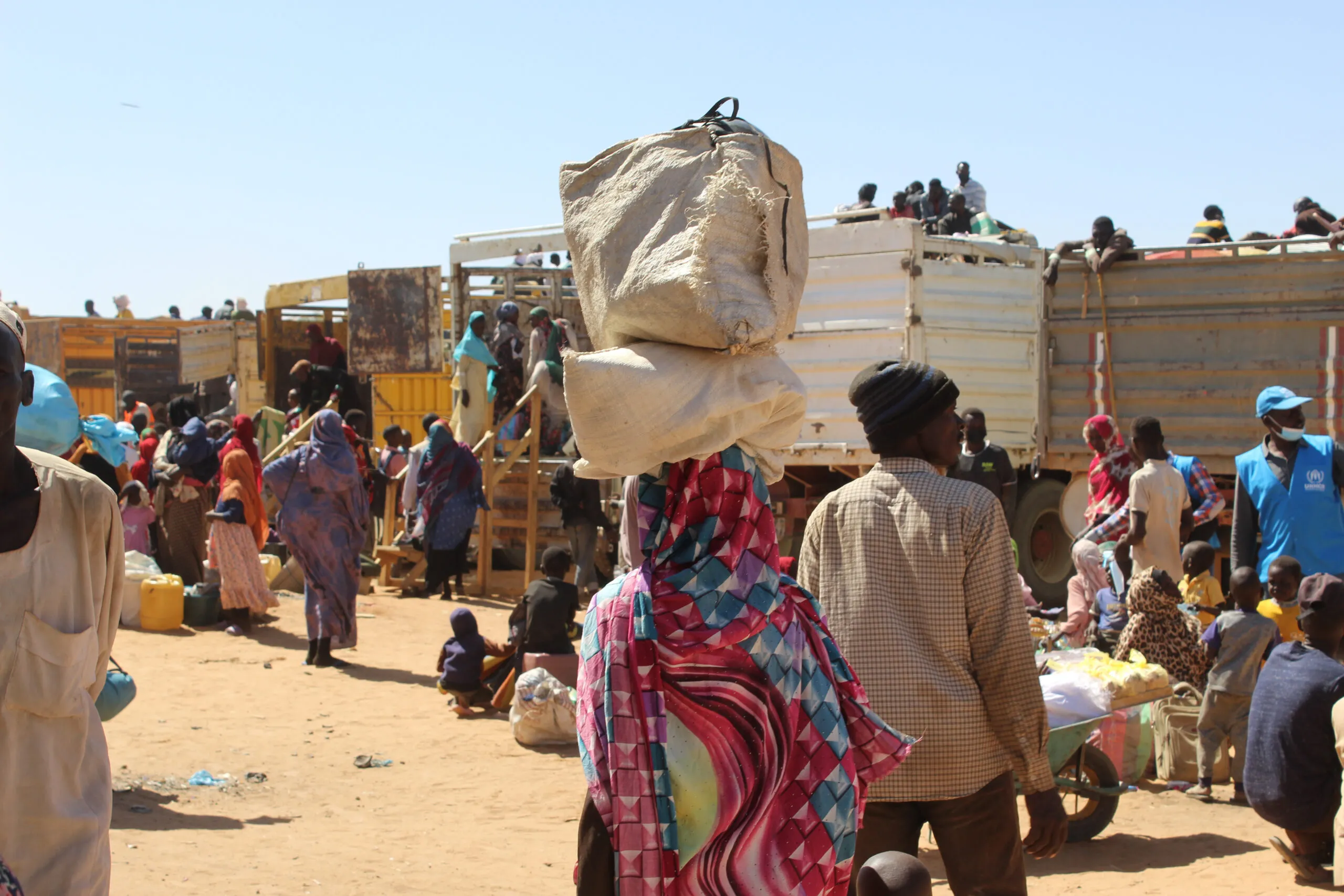CARE, Nairobi, Kenya – May 15, 2024 – It is now 13 months since the conflict in Sudan brought horrific death, destruction, and mass displacement to millions of Sudanese. From 15th April 2023, 14,000 people have died< and close to 30,000 injured. Sudan currently faces the world’s largest internal displacement crisis, with over 6 million people displaced within the country. Furthermore, nearly 2 million people have fled Sudan altogether. The grim reality is that the situation will deteriorate even further as fighting intensifies in El Fasher, North Darfur.
“CARE expresses profound concern about the cascading impact of the recent violence in El Fasher, not only exacerbating the suffering of the town’s residents but also affecting communities in neighboring East and South Darfur,” said Abdirahman Ali, CARE in Sudan Country Director. “The town is a key transit point for goods moving through to South and East Darfur; areas that have been adversely affected by the conflict. Communities are already facing extreme shortages of food, amidst the prospect of a looming famine. An escalation in fighting will only increase the humanitarian needs at the worst possible time.”
Necessities such as water, fuel, and medicine remain unattainable due to access impediments and rising costs. With each passing day, food becomes even more scarce as farms lay unattended due to ongoing conflict and a lack of farm inputs. Meanwhile, humanitarian workers, predominantly national staff, are operating beyond capacity and facing significant risks. They struggle to maintain assistance to those in need, despite dwindling resources such as fuel required to operate generators. With conflict in El Fasher escalating, this means that much-needed items such as fuel cannot get to other parts of Darfur.
Even before the conflict, in Nyala- South Darfur, doctors were resorting to extreme measures to deliver much-needed healthcare. “Sometimes we use candlelight during delivery of babies at night, due to lack of power,” said Dr. Hana*, an obstetrician-gynecologist in one of the CARE-Supported health facilities. “We have been working in dire conditions, lacking water and electricity for months. Without electricity, essential medical supplies are at risk. We can’t cool vaccines, store lab reagents, or preserve medical supplies. This in turn puts the lives of mothers, pregnant women, and children at risk.”
Those most impacted are women and girls, as noted in CARE’s brief, How the Sudan conflict has created a war on women and girls. They now face greater risks of violence, including sexual violence, as the conflict worsens in El Fasher.
CARE’s top priority remains the safety and well-being of all individuals in the region. We reiterate our call for an immediate cessation of hostilities. This is crucial not only for preserving lives and protecting civilians but also for facilitating safe, rapid, and unimpeded humanitarian aid delivery to those in need. All parties must uphold their international obligations, ensuring the safety of humanitarian workers and critical infrastructure including hospitals We can’t wait any longer because every day of conflict prolongs the suffering of the people of Sudan.
*Name changed to protect identity.
Note to Editors
- CARE has been operating in Sudan since 1979, implementing humanitarian and development programs focused on women’s and girls’ justice and empowerment, humanitarian action, and resiliency.
- CARE supports over 83 health facilities in six states in Sudan, providing life-saving health and nutrition services.
- The resumption of nutrition and Health Services in Nyala was made possible thanks to generous funding from USAID – Bureau for Humanitarian Assistance and European Union Humanitarian Aid.
- CARE’s lifesaving operations are ongoing in:
- East Darfur – Water provision to refugees and host community and health services
- Gedaref – WASH provision for refugees, IDPs, and host community and health services
- Al Gezira – WASH provision to IDPs and host community
- South Kordofan – Supporting women’s empowerment through economic and livelihoods activities
- South Darfur – Provision of WASH, livelihoods and community empowerment
- Khartoum – Provision of MPCA to most affected populations in Jebel Awily, Mayo, and Kalari communities
For media inquiries, please contact: David Mutua, CARE East Central, & Southern Africa Regional Communications Advisor, david.mutua@care.org, or usa.media@care.org

